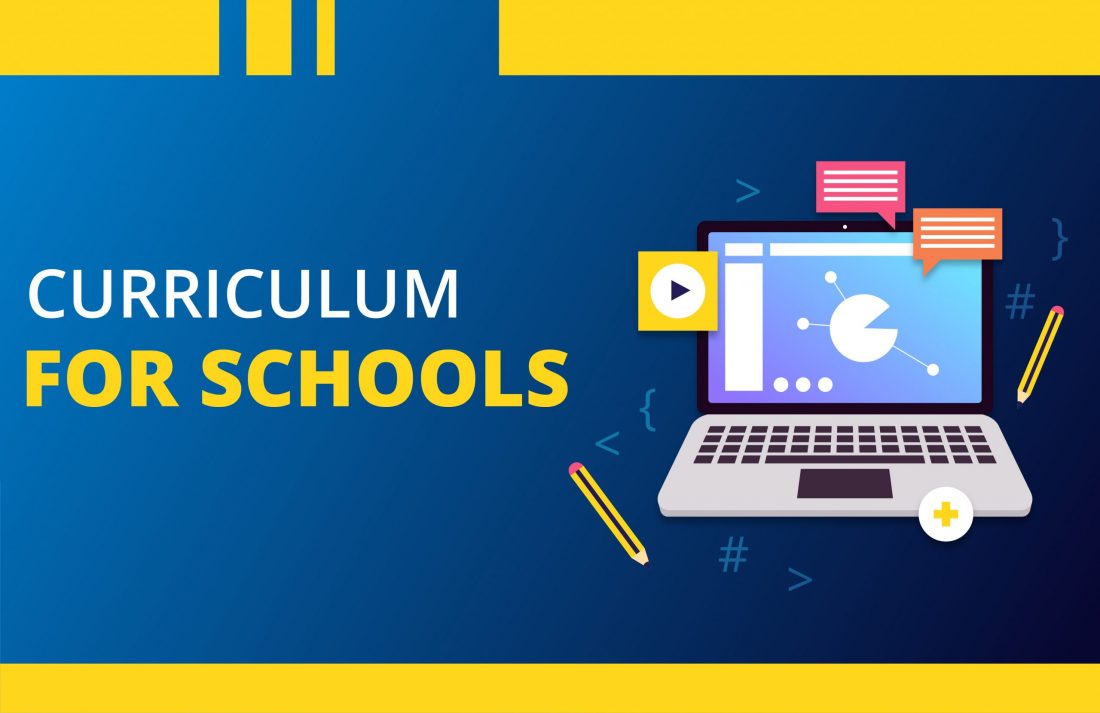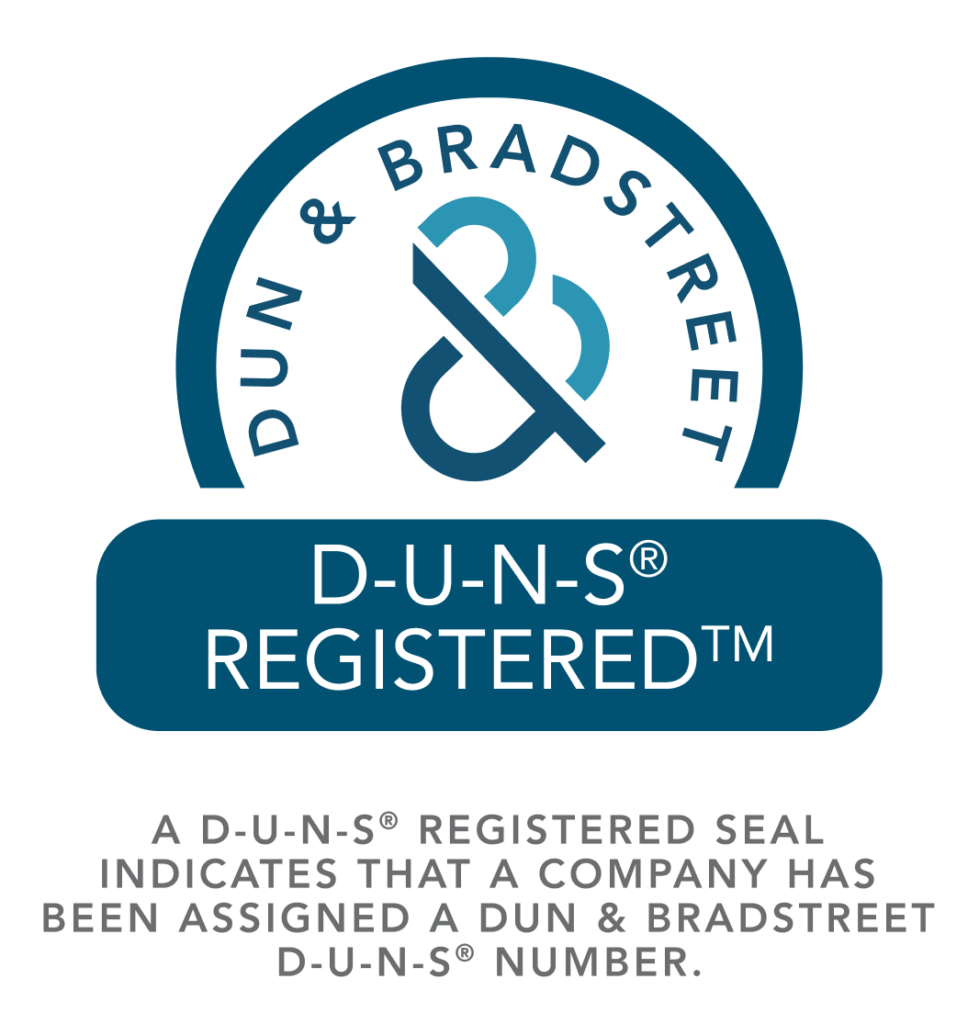Our world is changing quickly due to artificial intelligence (AI), which impacts daily life, economics, and industries. It is essential to incorporate an AI Curriculum for Schools to educate students for an AI-driven future. Let us look at the value of AI education, essential elements of a curriculum for AI in schools, and practical implementation techniques.
When creating an AI curriculum for schools, it is important to take the students’ age group and educational background into account.
A more basic introduction to AI principles, concentrating on essential topics like how AI is applied in daily life and basic examples of AI technology, may be useful for younger students. Students can dig deeper into more difficult subjects like machine learning algorithms and ethical issues in AI research as they advance through the training program.
Interdisciplinary learning, which incorporates AI principles into already-existing topics like math, physics, and social studies, is one efficient way to teach AI. For instance, kids can study algorithms and patterns in maths class, investigate the science underlying AI technology, and engage in social media discussions on how AI is affecting society.
Incorporating experiential learning opportunities is a crucial component of an AI program. This can include tasks that entail creating and implementing AI applications, as well as coding exercises utilizing AI programming languages like Python. Students can obtain practical skills that are useful in the profession and gain a better understanding of AI ideas by participating in hands-on activities.
An AI curriculum for schools should place a strong emphasis on the development of critical thinking and problem-solving skills in addition to technical knowledge. It is important to inspire students to think critically about the ethical implications of AI technology as well as innovative ways that AI might be used to tackle practical issues.
Teacher professional development is also essential to the effective implementation of an AI curriculum. Since many teachers might not have had any prior AI experience or training, giving them access to resources, online courses, and training workshops might help them teach AI concepts and technology to students in the classroom more successfully. teachers’ knowledge of AI and its applications may be improved by collaboration with researchers and industry specialists. This will allow instructors to give students more relevant and interesting training.
collaboration and partnership with various educational companies can enrich an AI curriculum for schools by providing students with real-world experiences and opportunities. Schools can partner with these companies and universities to offer mentorship programs, and research projects in AI, allowing students to gain practical experience and exposure to cutting-edge AI technologies.
A comprehensive strategy including hands-on training, interdisciplinary integration, evaluation techniques, teacher professional development, real-world examples, and cooperation with academics and industry is needed to create a successful AI curriculum for schools. Schools can provide students with the necessary skills to succeed in an AI-driven future and make valuable contributions to society by offering them a comprehensive AI education.
An artificial intelligence (AI) curriculum for schools aims to present the ideas and uses of AI to students in an engaging and approachable manner.
Key components of an AI curriculum for schools students include the following:
Starting an AI Project: First, they study the fundamentals of artificial intelligence, including its definition and applications to everyday life. They discovered that AI functions similarly to a machine’s brain, assisting it in decision-making and data-driven learning.
Trying Out Projects: Students work on practical projects to observe artificial intelligence in action. For example, they may develop a basic AI-powered game or a chatbot—a computer program that communicates with humans.
Collaboration: In AI education, teamwork is essential. Students gain valuable abilities in problem-solving, communication, and listening when they work in groups, all of which apply to almost every career.
Real-world Applications: Using case studies and real-world examples, students are taught how artificial intelligence is employed in a variety of industries, including healthcare, transportation, and finance.
Thinking Critically: Students are taught to think critically about AI in this curriculum component. They encourage people to create their own conclusions by analyzing the architecture of AI systems, the data they utilize, and the potential effects they may have on society.
Future career paths: Students explore careers in artificial intelligence and related domains, motivating them to seek more education and professions in the field.
Practical Skills: In order to work with AI, students need to acquire practical skills like data analysis and coding. These abilities are helpful in many other domains outside of AI-related employment.
Fun Learning Activities: Games, riddles, and interactive activities make learning about artificial intelligence more entertaining. Students find the learning process more interesting and memorable as a result.
Through linked learning, students may identify the connections between AI and other areas they study. As an example, they study how AI applies science to comprehend the world, language arts to successfully communicate, and maths to make predictions.
In conclusion, an AI curriculum for schools Students gives students a solid understanding of AI, its uses, and how it affects society. It also gives them important life skills.
Being the leading provider of educational resources, STEMROBO is dedicated to giving teachers the tools they need to successfully incorporate AI education into their curriculum. STEMROBO provides a variety of kits, programs, and tools that let educators develop comprehensive and interesting AI curriculum that educate students about the possibilities and problems of the future.
STEMROBO offers a range of resources to educational institutions to facilitate the integration of AI in the classroom. The AI curriculum kit, which comprises lesson plans, practical exercises, and tests made to expose students to AI ideas in an enjoyable and engaging way, is one of the main products offered.
STEMROBO provides instructors with training programs to enable them effectively teach AI ideas in the classroom in addition to the AI curriculum kit. These courses provide educators with the expertise they need to incorporate AI into their teaching and guide students as they delve deeper into the field.






